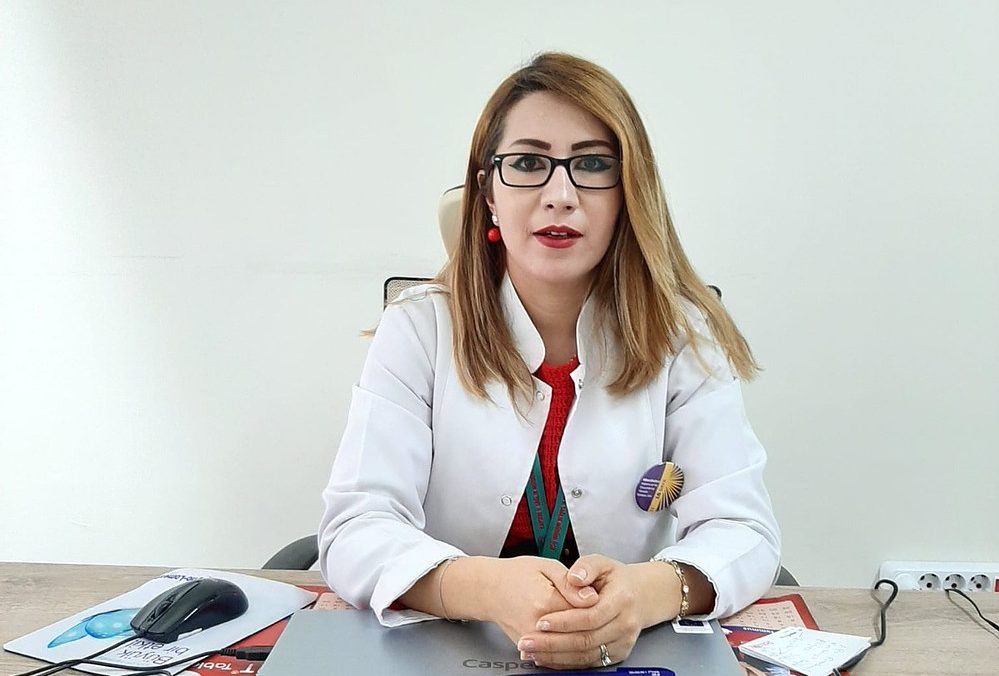The president of Afghan Refugees Solidarity Association Dr. Zakira Hekmat talks about the measures that can be taken to protect Afghan women in both Afghanistan and Turkey against anti-refugee hostility and tough living conditions.
Hekmat, describes the terrible living conditions of girls and women in Afghanistan as follows: “The Taliban take villages and hold people hostage. In fact, he entered a house two days ago, there were two women in the house, they took one of them by force. They take people hostage in villages and towns and make threatening announcements from mosques. They say, “Women and girls should not go out alone, there is a penalty if they do. Women are very nervous. They go to houses and look for women’s clothes and try to find out whether there are women in that house. If they find any, they take them as wives.”
Pointing out that leaving Afghanistan illegally is a very troublesome process, especially for children and women, Hekmat states that women and children are exposed to abuse, especially by smugglers, on the migration route. Saying that women were threatened by saying, “If you don’t do what I want, I won’t take you,” Hekmat continues: “Women and children also come on foot from Afghanistan to Iran. They are both hungry and thirsty on the roads. They get left behind on the roads, they get lost or they can be sent back. When they are left behind, smugglers in those regions can take women and children hostage and demand huge amounts of money from their families. I met with a family, the women said, “We came to the border at least five times, we were caught at the border, and they sent us back.” In other words, women face a double disadvantage both in Afghanistan and on the migration routes.”
Afghan women in Turkey
“After coming to Turkey, especially if they do not have a spouse, their problems increase exponentially. It is difficult for them to find a job. If they have children, the children must also be fed. Let’s say they found a job, they can be exposed to sexual assault and sexual harassment there, too. They are threatened with not being paid. They work 12-14 hours a day and gets very low wages. Sometimes they don’t even get paid. They do seasonal agricultural work or work in textiles. Some of the women without a family accept to be second wives out of desperation.”
“The rents are very high and they do not give homes to refugees and immigrants. Even if they do, the prices are very high, they have to choose the cheapest houses. They live in slums and basements. They say, ‘At least we won’t be left outside.’ Even in some houses, 2-3 families stay together so that the rent can be shared. I also know families with 12-13 people living together.”
Hekmat states that many refugee women and girls are exposed to sexual abuse, harassment and rape threats in daily life, as well as forced into prostitution and forced to marry people they do not want. Saying that they face all kinds of violence along with the abuse of being refugees, fleeing war and persecution, Hekmat says, “Girls live with the threat of early marriage and forced marriage.”
“Women should be empowered economically, education should be guaranteed”
For Hekmat, the most important step to be taken in the face of this problem is the implementation of policies that will empower women, both at the societal and state level, in a more determined and effective way. Pointing out that women should not only do house work but also be economically empowered, young refugee women who want to continue their education should be encouraged, Hekmat said, “If young girls are deprived of education, sanctions should be enforced, policies to prevent child labor should be developed, more realistic policies should be implemented for seasonal workers.. Deterrent punishments against perpetrators of sexual violence are realistic steps that can be taken.”
Stating that no one wants to be a refugee, Hekmat says: “If the seas are safer than the land, if the mountains are safer their homes, then people have to go there to live. If hate speech against people who took refuge in another country increases, attacks against refugees also increase, and xenophobia also increases. Changing all these is only possible with our unity and by taking care of each other.”


